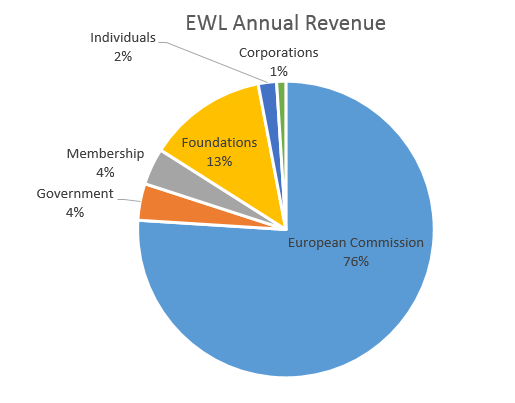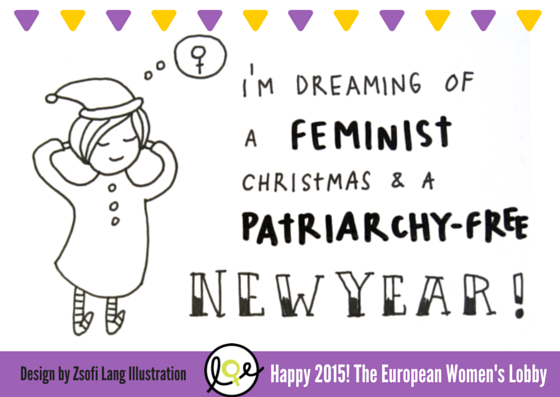[NewEurope, 01 February 2012] Female genital mutilation and violence against women remain widespread issues in Europe that the EU must address quickly, according to Amnesty International and the European Women’s Lobby.
The two organisations have called on the EU to lay out its plans and finalise its commitment to ending female genital mutilation and domestic violence.
Their request comes just days before the International Day of Zero Tolerance of female genital mutilation on 6 February, an official UN day to raise awareness for the issue. Female genital mutilation has effected 500,000 women living in Europe according to European Parliament estimates and a further 180,000 women are at risk.
Amnesty International has pointed to a lack of cohesive policy across the EU as a challenge to effective regulation of such issues.
“The EU must take a holistic approach which engages community members to ensure girls are protected and their families are not stigmatised”, said Amnesty’s End FGM European Campaign Director Dr. Christine Loudes.
One potential policy reform would be the ratification of the Council of Europe Convention on preventing and combating violence against women and domestic violence. The convention would make forced marriage, female genital mutilation, stalking and physical and domestic violence illegal across the EU.
Since it was opened for signature in May, 2011, 18 member states have signed the convention.
Amnesty International and the European Women’s Lobby called for full ratification of the convention as a major step in preventing violence against women.
“We know that the EU has the means to end violence against women and deliver a strategy to guarantee all women the right to live free from violence; so what are we waiting for?” European Women’s Lobby Secretary-General Cecile Greboval said.


